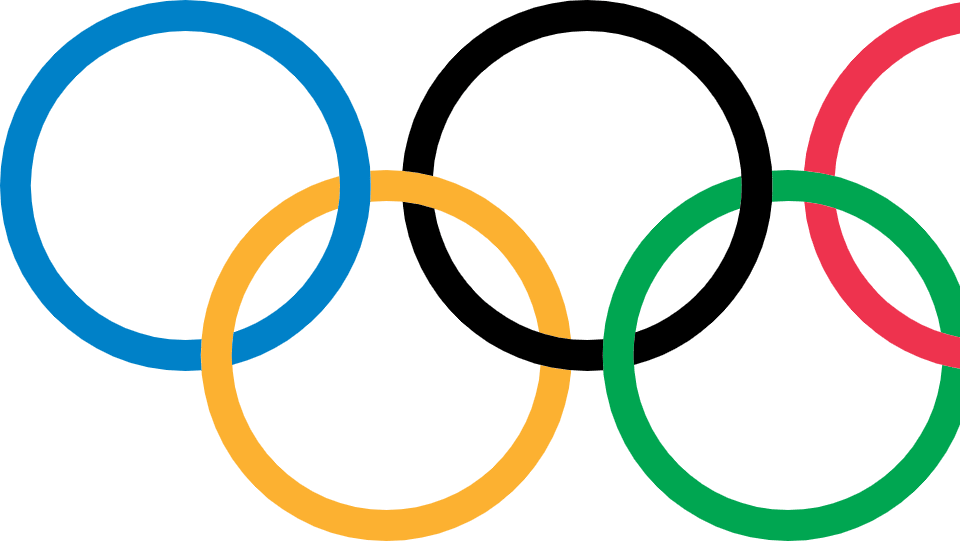Brazilian Olympian using sport to turn underprivileged kids into ‘superheroes’
Brazilian judoka and Olympian Flávio Canto has been using sport for over 10 years as a tool to promote human development, social inclusion and healthy lifestyles. Ahead of the International Day of Sport for Development and Peace on 6 April, Canto explains how his non-profit organisation in Rio de Janeiro is creating “superheroes”.

Canto has always wanted to change the world. He confides: “When I was a young kid, I wanted to be a superhero.” While no magic cape allowed him to fly, he has achieved something greater that is changing the lives of thousands of underprivileged children and young people every day.
After failing to qualify for the Olympic Games in Sydney in 2000, the sportsman began volunteering in Rocinha, located south of Rio de Janeiro. Teaching judo classes in what is considered Brazil’s largest favela, Canto says he soon realised he had “a very strong tool” in his hands.
In 2003, in the midst of training hard for the Olympic Games in Athens the following year, he founded the Instituto Reação. A non-profit organisation, the sport centre is home to three different programmes: an Olympic programme, an educational programme and a judo and martial arts school.
“The Olympic programme is the one that developed, for instance, Rafaela Silva, the first female world champion in Brazil,” explains Canto, adding that the 23-year-old is a Rio 2016 hopeful.
Rafaela’s sister, Raquel, a talented judoka herself partaking in the Olympic programme, says: “Before I or my sister got into judo, we were pretty rebellious. We weren’t interested in going to school, and sport radically changed our lives. It was transformational, like water to wine.”
Canto, who won bronze at the 2004 Athens Olympic Games, also credits the creation of the Instituto Reação for boosting his own sporting career: “My best results came after [joining] Reação. I had a reason to fight.”
He adds: “When they put their uniform [on], the judo gear, they become like superheroes. They can do anything. I really believe that everything they train here they take back home. So they are braver, they are better; they are ready to face the world. I don’t know any better tool than sport to build stronger people, ready to fight for whatever they need to fight for.”
The Olympian says one of the greatest accomplishments of the centre has been teaching the students to believe they can overcome limitations, be they physical or mental. “We try to teach them and tell them that they can dream higher than they thought they could,” Canto says. “They can go to school, they can have a university degree and this is what we try to do with them every day.”
The International Day of Sport for Development and Peace is an opportunity to highlight how sport is a universal tool that drives social change, development and peace across all areas of life.
Learn more about the IDSDP here: www.olympic.org/idsdp
Join the movement at #sport4betterworld
Contributing to building a peaceful and better through sport is a fundamental principle contained in the Olympic Charter. It was also further reinforced in Olympic Agenda 2020, the IOC’s strategic roadmap for the future of the Olympic Movement. Forming the topic of a dedicated working group, the IOC, through its Olympism in Action initiatives, seeks to blend sport with culture and education, to place it and its values at the core of the organisation’s work in society.